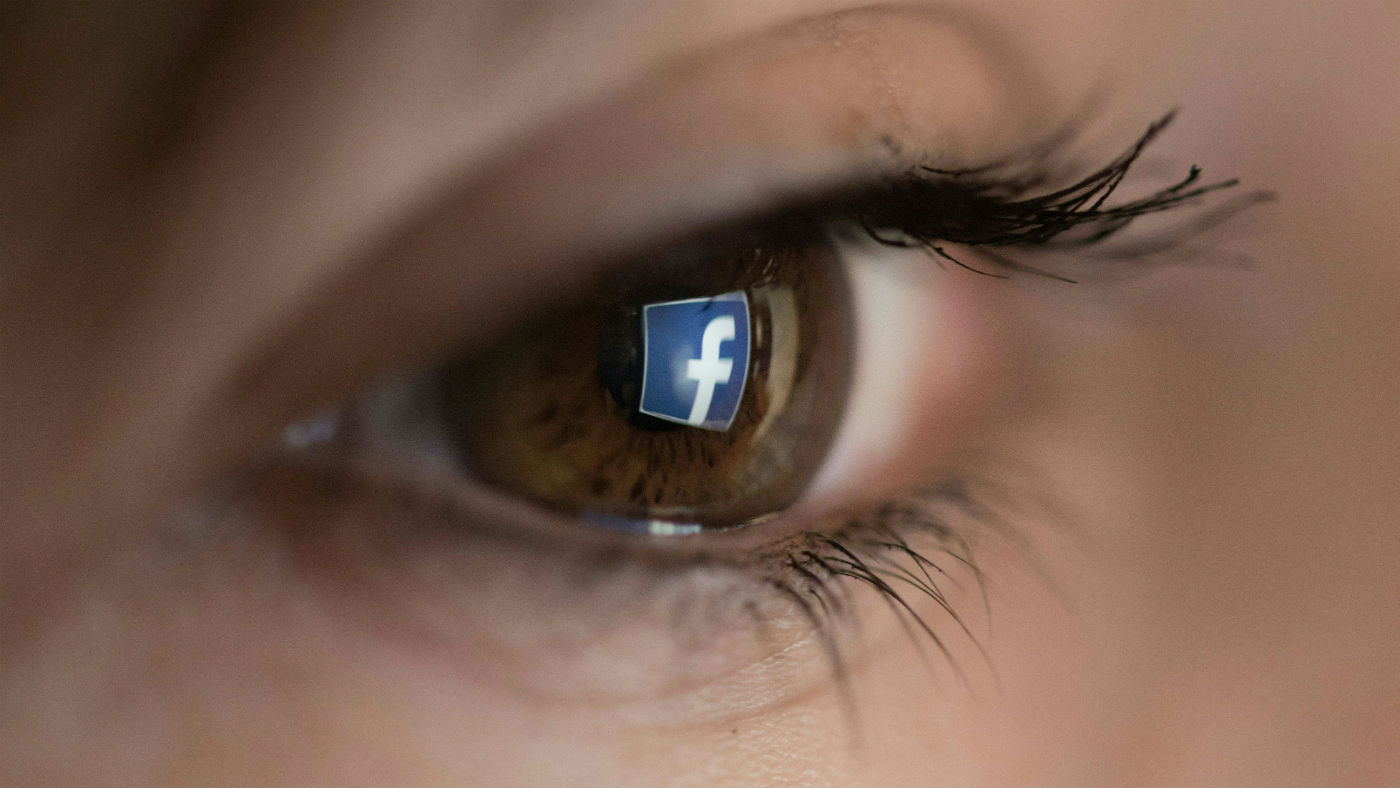Facebook sued over face-scanning tech
Social media giant could be forced to pay billions in compensation

A free daily email with the biggest news stories of the day – and the best features from TheWeek.com
You are now subscribed
Your newsletter sign-up was successful
Facebook faces a class action lawsuit over claims that it used facial recognition tools on users’ photos without their permission, a US judge has ruled.
District judge James Donato has given the go-ahead for a major lawsuit to settle a dispute between the social network and a group of users in Illinois over the handling of their private data, The Independent reports.
The judge ruled in a San Francisco court that Facebook “created and stored facial recognition algorithms” on the group of users after 7 July 2011, the date the social media site launched its face-scanning tools.
The Week
Escape your echo chamber. Get the facts behind the news, plus analysis from multiple perspectives.

Sign up for The Week's Free Newsletters
From our morning news briefing to a weekly Good News Newsletter, get the best of The Week delivered directly to your inbox.
From our morning news briefing to a weekly Good News Newsletter, get the best of The Week delivered directly to your inbox.
According to BBC News, the technology involves Facebook’s “tag suggestions”, which can identify a user’s friends in an image.
Facebook denies any wrongdoing. It has pledged to fight the class action lawsuit “vigorously”, the BBC reports.
The outcome of the case hinges on a law in Illinois called the Biometric Information Privacy Act that prevents private entities from storing a person’s biometrics information without their explicit consent, says Alphr.
If the lawsuit goes ahead, every member of the Illinois group could be entitled to compensation, potentially costing Facebook billions of dollars.
A free daily email with the biggest news stories of the day – and the best features from TheWeek.com
Business Insider says each member of the group is seeking $5,000 (£3,482) for every occasion where a person’s image was used without consent.
Facebook only uses its face-scanning tech in certain countries. The social network turned off facial recognition in Europe in 2012, the website says.
The lawsuit comes days after Facebook chief executive Mark Zuckerberg faced US senators to answer questions about how the social media service handles the personal information of its users.
During the Senate hearings, Zuckerberg admitted that his company collected information from non-Facebook users for “security reasons”, some of which was processed by the data firm Cambridge Analytica.
-
 Will increasing tensions with Iran boil over into war?
Will increasing tensions with Iran boil over into war?Today’s Big Question President Donald Trump has recently been threatening the country
-
 Corruption: The spy sheikh and the president
Corruption: The spy sheikh and the presidentFeature Trump is at the center of another scandal
-
 Putin’s shadow war
Putin’s shadow warFeature The Kremlin is waging a campaign of sabotage and subversion against Ukraine’s allies in the West
-
 Is social media over?
Is social media over?Today’s Big Question We may look back on 2025 as the moment social media jumped the shark
-
 Social media: How 'content' replaced friendship
Social media: How 'content' replaced friendshipFeature Facebook has shifted from connecting with friends to competing with entertainment companies
-
 Meta on trial: What will become of Mark Zuckerberg's social media empire?
Meta on trial: What will become of Mark Zuckerberg's social media empire?Today's Big Question Despite the CEO's attempt to ingratiate himself with Trump, Meta is on trial, accused by the U.S. government of breaking antitrust law
-
 What does an ex-executive's new memoir reveal about Meta's free speech pivot?
What does an ex-executive's new memoir reveal about Meta's free speech pivot?Today's Big Question 'Careless People' says Facebook was ready to do China censorship
-
 What's Mark Zuckerberg's net worth?
What's Mark Zuckerberg's net worth?In Depth The Meta magnate's products are a part of billions of lives
-
 Is the AI bubble deflating?
Is the AI bubble deflating?Today's Big Question Growing skepticism and high costs prompt reconsideration
-
 How social media is limiting political content
How social media is limiting political contentThe Explainer Critics say Meta's 'extraordinary move' to have less politics in users' feeds could be 'actively muzzling civic action'
-
 Twitter's year of Elon Musk: what happens next?
Twitter's year of Elon Musk: what happens next?In the Spotlight 'Your platform is dying', says one commentator, but new CEO is aiming for profitability next year